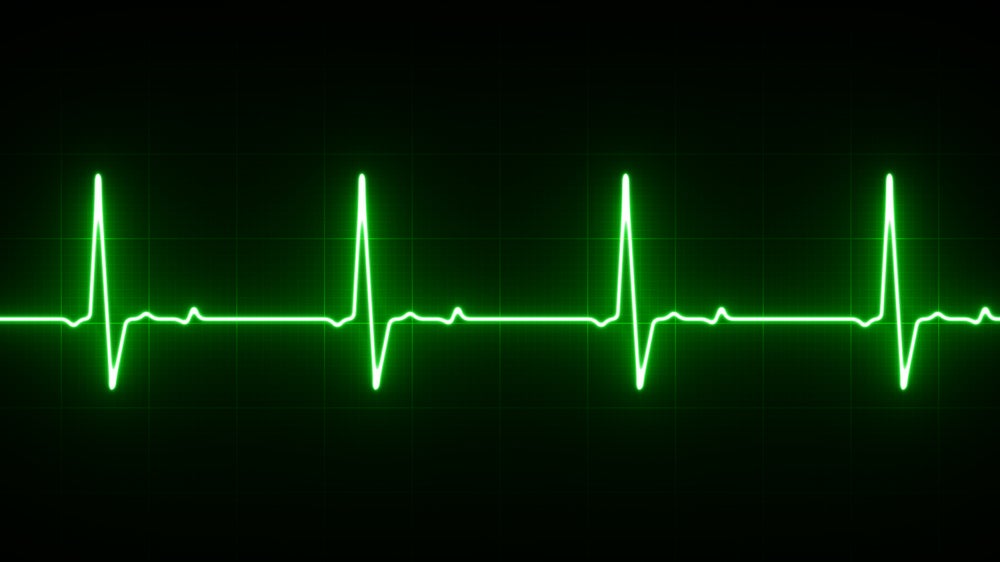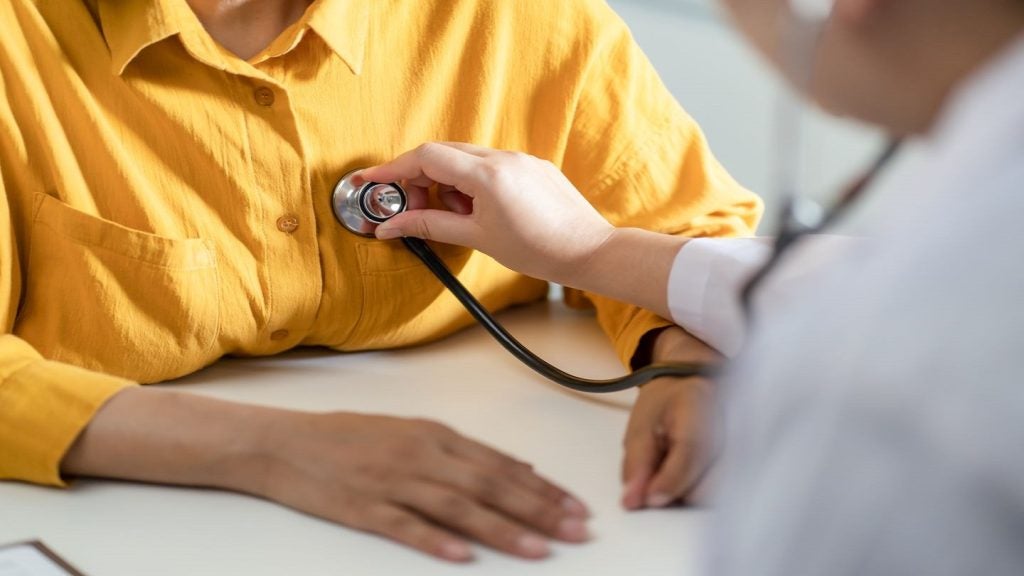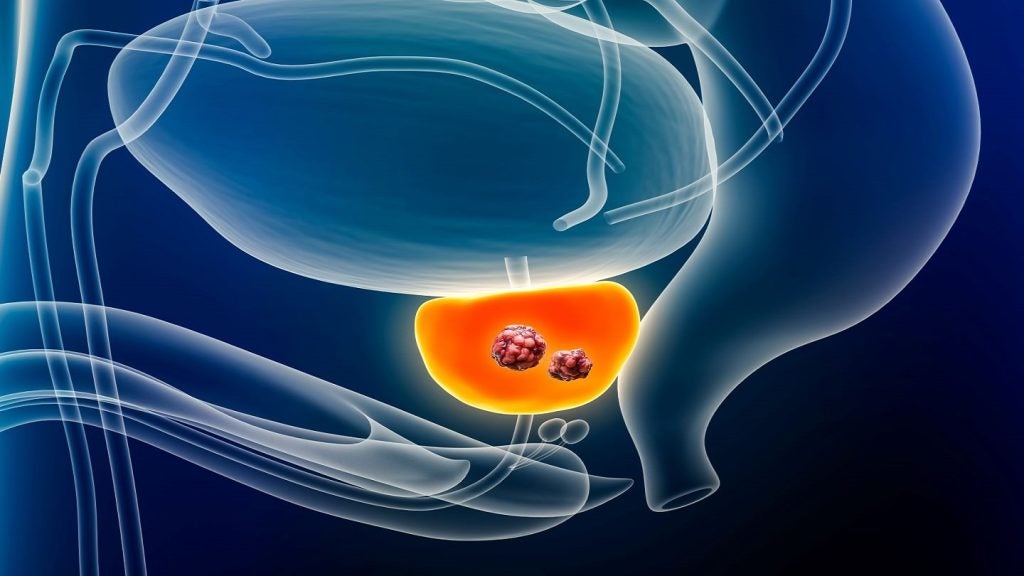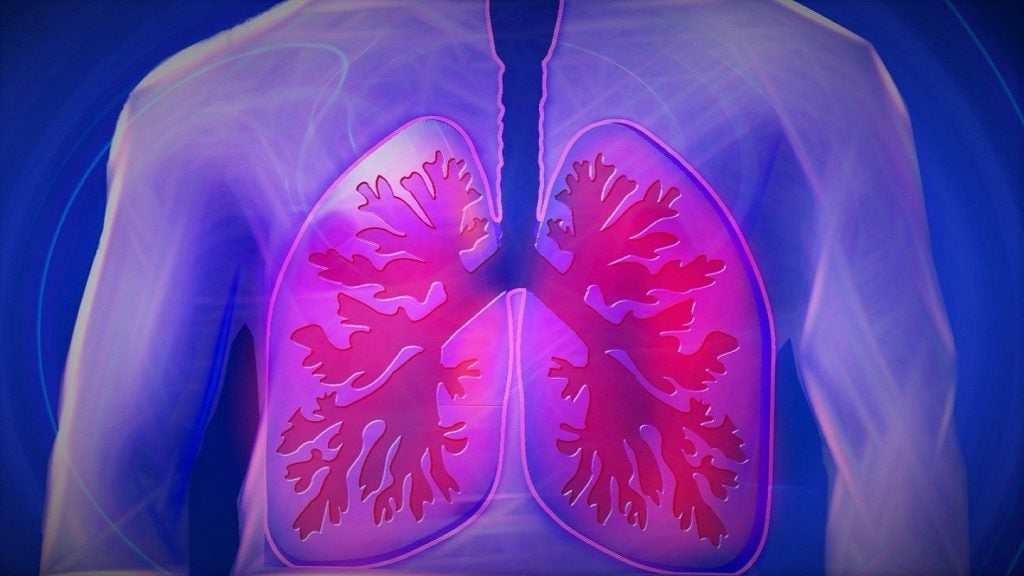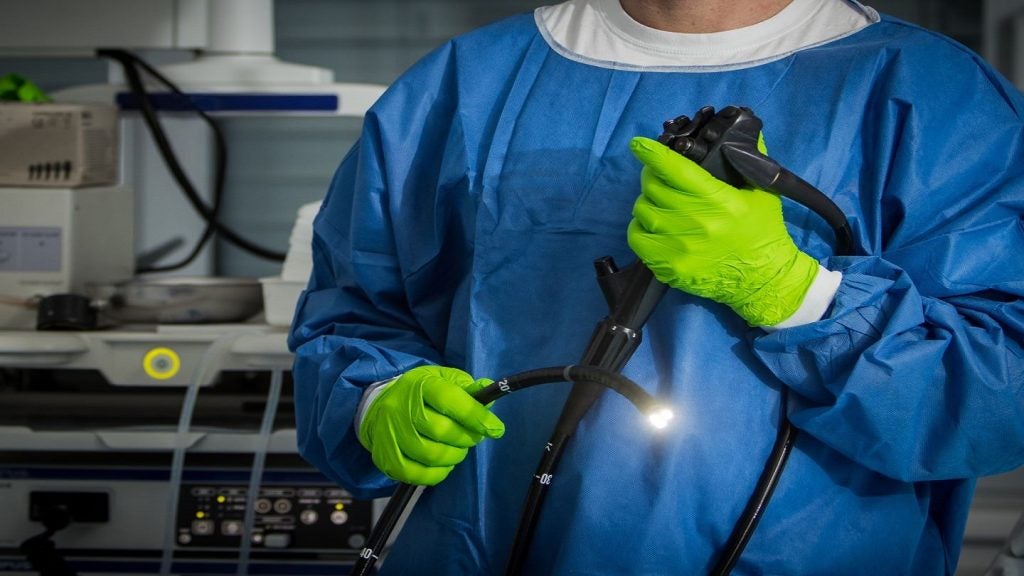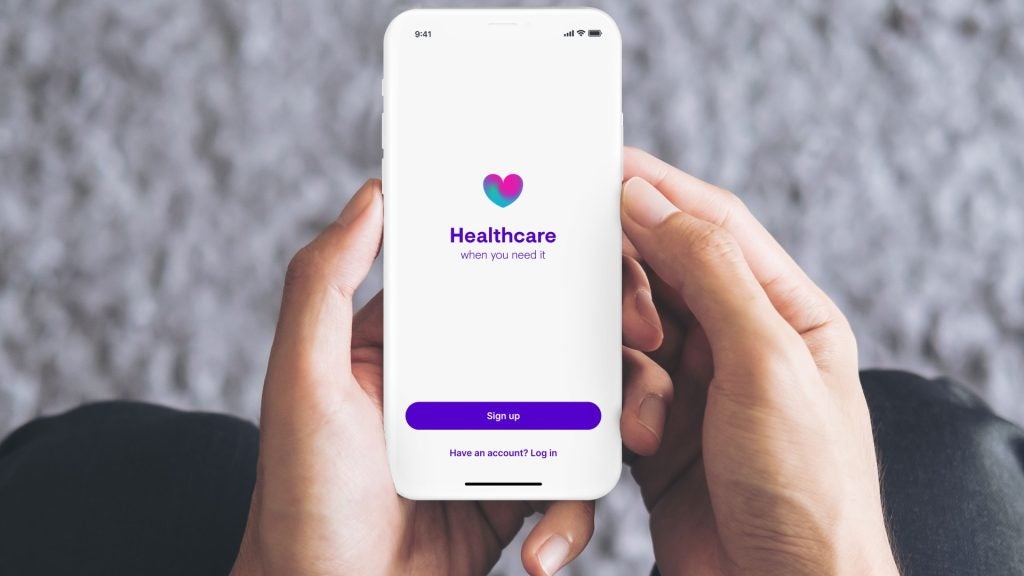Datascope, a subsidiary of Getinge, has encountered more regulatory problems following the US Food and Drug Administration (FDA)’s decision to label the recall of the company’s Cardiosave intra-aortic balloon pumps (IABPs) as Class I.
The devices, which inflate the left ventricle at a set rhythm to help the heart pump blood, have been reported to unexpectedly shut down due to an electrical failure. If this happens, bloody supply to the body could be interrupted. The FDA said in its alert that continued use of the devices might cause serious injury or death.
The FDA stated: “Using an affected pump may cause serious adverse health events, including unstable blood pressure, injury (for example: inadequate blood supply or a vital organ injury), and death.”
The recall, which involves 4586 devices sold between March 2012 to May 2023, adds to three previous Class I recalls for the devices. The first, in January, involved more than 4,400 devices due to a faulty catheter. There were two more recalls in March relating to the same issue of the most recent recall. Unlike the recall in January which caused four serious injuries and one death, the August recall has only had 26 complaints.
A letter was sent to customers of the Cardiosave Hybird and Cardiosave Rescue products that asked to make sure an alternative IABP or haemodynamic support is available to continue therapy.
Cardiosave IABPs are indicated for cardiac and non-cardiac surgery, acute coronary syndrome, or complications of heart failure in adults.
In March 2023, the devices had its CE mark suspended until Getinge adhered to corrective actions.


